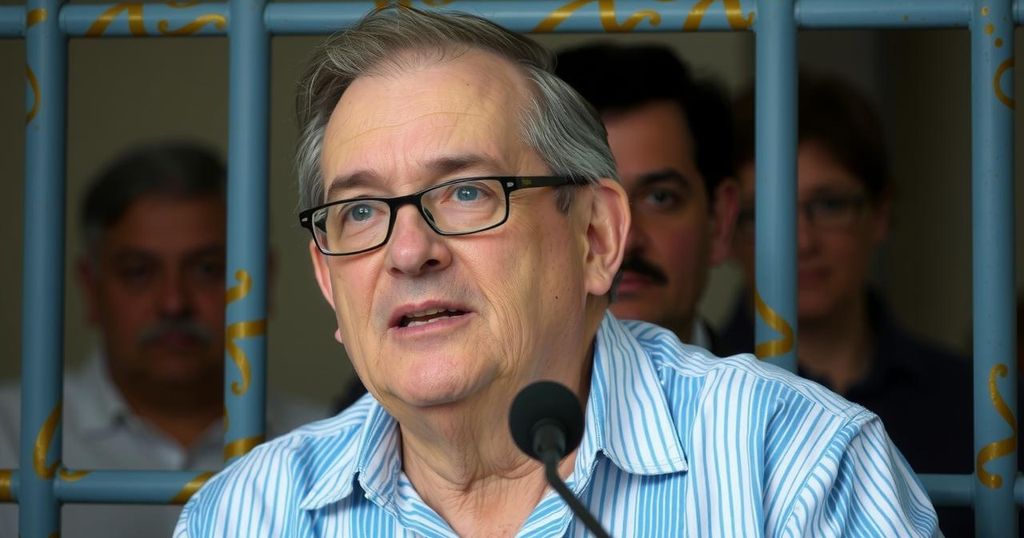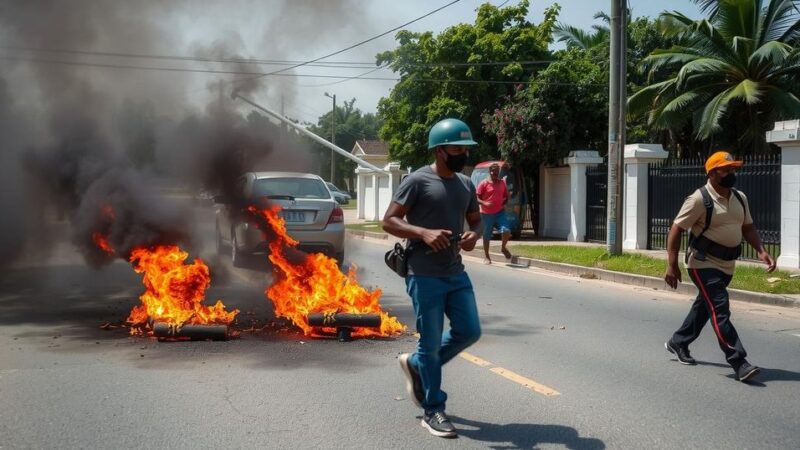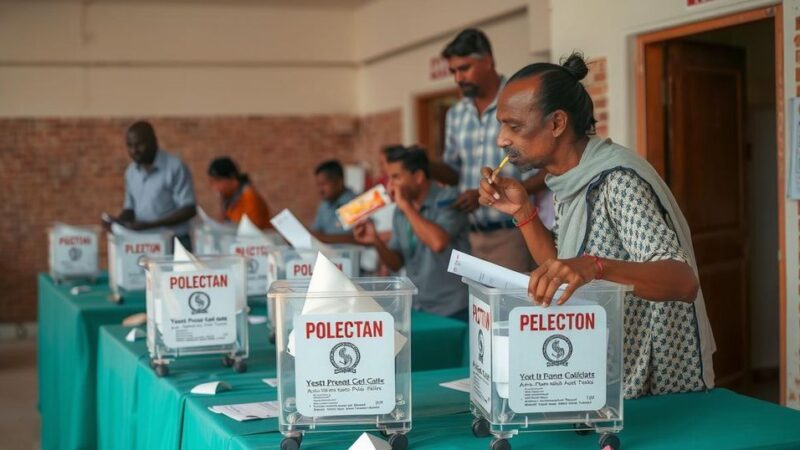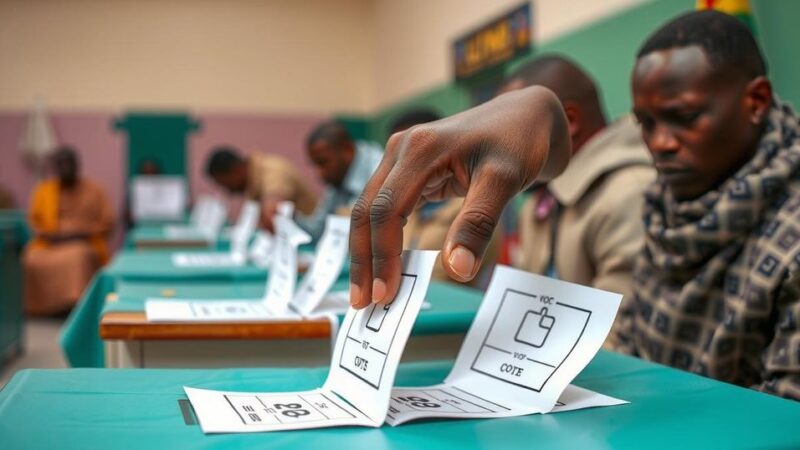Members of the Venezuelan opposition sheltered in the Argentine diplomatic residence in Caracas describe their situation as a “prison” due to ongoing power outages. Magalli Meda, close to opposition leader María Corina Machado, highlighted human rights concerns regarding their confinement. This political turmoil is exacerbated by a contentious presidential election and escalating diplomatic tensions between Venezuela and Argentina.
Five members of the Venezuelan opposition, currently sheltering in the Argentine diplomatic residence in Caracas, have labeled their situation as akin to a “prison,” citing prolonged power outages as a significant issue. Magalli Meda, an adviser to opposition leader María Corina Machado, expressed concerns about the human rights implications of their confinement on the social media platform X, stating, “It’s become an embassy prison.” The Venezuelan government contends that the lack of electricity is a consequence of unpaid utility bills. These opposition figures are seeking refuge in the residence following arrest warrants issued in March.
The political landscape escalated after Venezuela’s contested presidential elections in July, where both President Nicolás Maduro and opposition candidate Edmundo González claimed victory. Opposition factions have maintained that the electoral process was rigged in Maduro’s favor. Following the elections, González relocated to Spain, while Machado remains in hiding due to her disqualification from the race. Diplomatic tensions have also intensified between Venezuela and Argentina, particularly following the arrest of an Argentine security officer in Venezuela, with conflicting narratives regarding his intentions for traveling there.
The ongoing political crisis in Venezuela stems from a long-standing power struggle between the ruling government led by Nicolás Maduro and the opposition, with significant portions of the population and international actors advocating for democratic reform. The situation further complicates with various countries, including Argentina and Peru, recognizing the opposition’s electoral legitimacy against the backdrop of Venezuela’s electoral controversies. Additionally, bilateral tensions are exacerbated by incidents involving diplomatic personnel between Venezuela and other nations.
In summary, the opposition members’ plight within the Argentine diplomatic residence underscores the severe human rights issues prevailing in Venezuela. Their characterization of the residence as a “prison” epitomizes the dire circumstances they find themselves in amid a politically charged environment. The diplomatic ramifications with Argentina and the broader implications of Venezuela’s contentious electoral landscape reveal a complex interplay of domestic and international relations.
Original Source: www.hindustantimes.com







